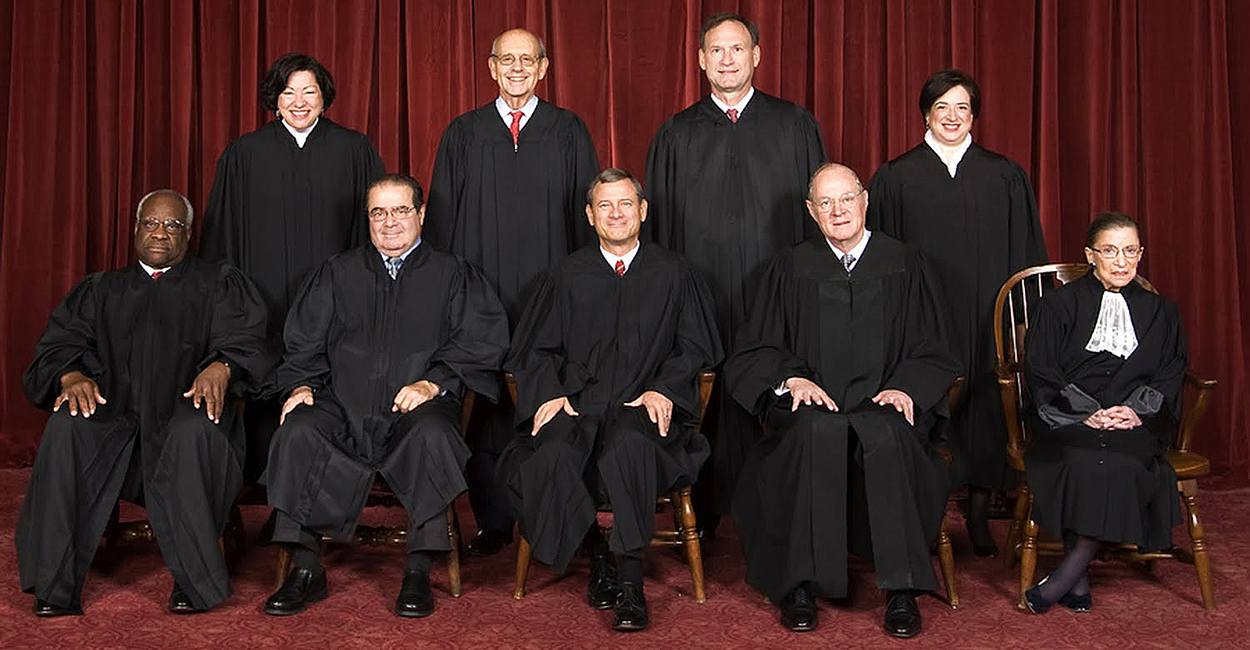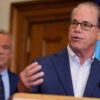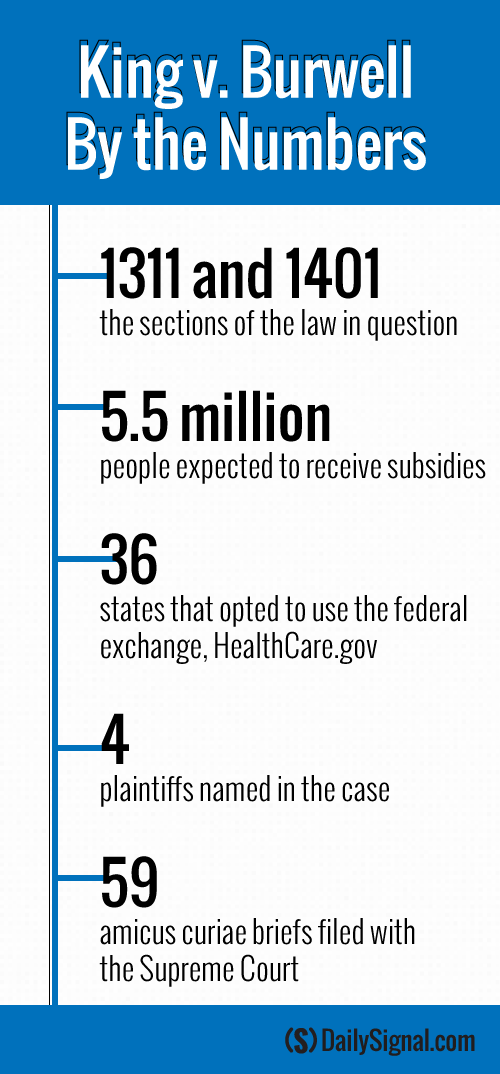In just one week, the Supreme Court will hear arguments on a case that could greatly affect the future of the Affordable Care Act.
In anticipation of the high court’s ruling in King v. Burwell, Sen. Orrin Hatch, R-Utah, said he plans to reveal a “backup plan” should the justices rule that the health care law does not allow tax credits to be given to those in federally-run health care exchanges.
The Utah senator said he plans to announce the details of a short-term solution in the coming days and stressed the need for the repeal and replacement of Obamacare. Part of his plan is to remove the federal government from the equation and “put individuals back in charge of their important health care decisions.”
“Obamacare has already inflicted a lot of damage on our nation’s health care system, harming patients and consumers alike. I don’t think we can stand by and simply let the shortcomings of the law harm millions more,” he said during an event at The Heritage Foundation. “We need to help the people who will be hurt by losing their subsidies because of Obamacare’s broken promises.”
King v. Burwell addresses whether consumers purchasing health insurance through HealthCare.gov, the federal exchange, are eligible to receive tax credits available under the law.
The Affordable Care Act explicitly authorizes subsidies for those purchasing insurance through “exchanges established by the state under Section 1311.” That section of the law gives states the authority to create their own exchanges. However, Obamacare also states that if states choose not to set up an exchange, the federal government can step in and do so.
Thirty-four states ultimately decided not to establish their own exchanges, opting to sell insurance through HealthCare.gov instead. This year, just 14 states will operate their own marketplaces.

The United States Supreme Court, the highest court in the United States, in 2010. (Photo: Steve Petteway, Collection of the Supreme Court of the United States/Wikimedia)
“Why would a state go through the trouble and expense of creating an exchange when the end result is the same?” Hatch questioned today. “Indeed, in these difficult times of tight state budgets, not creating an exchange might be the fiscally responsible decision.”
After three dozen states decided not to run their own exchanges, the Internal Revenue Service extended the subsidies to include HealthCare.gov customers. However, the agency’s interpretation of the law caused a host of backlash from Obamacare opponents who argue the IRS’ decision violates the legislation’s plain language.
“President Obama’s open defiance of clear statutory text and utter disregard for the balance that Congress has struck is an affront to the separation of powers and to the rule of law,” Hatch said.
Hatch joined Jonathan Adler, a law professor at Case Western Reserve University School of Law, and Ed Haislmaier, a health policy expert at The Heritage Foundation, for a discussion on the upcoming Supreme Court case today.
“Words matter. What the statute says is what matters because at the end of the day, the words in our statutes and in our Constitution are what bind our leaders and what prevent them from doing whatever they want to,” said @Orrin Hatch.
“Those of us on the other side believe text matters,” Hatch said. “Words matter. What the statute says is what matters because at the end of the day, the words in our statutes and in our Constitution are what bind our leaders and what prevent them from doing whatever they want to.”
Haislmaier predicted that approximately 5.5 million Americans will receive subsidies this year, and Obamacare supporters argue that the rate of uninsured could increase if the Supreme Court rules against the Obama administration.
A decision is expected to be handed down this summer for King v. Burwell.































